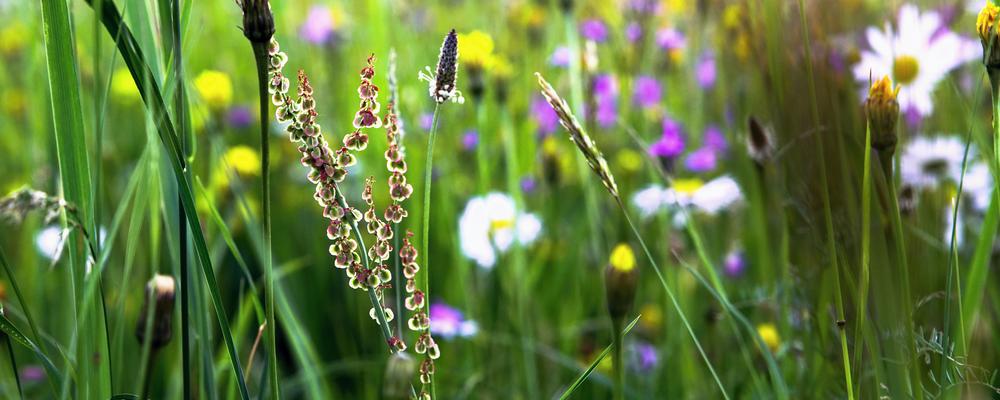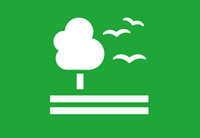
Goal 15 – Life on land
The School’s research on ecosystems and biodiversity addresses activities and operations that directly or indirectly affect species, habitats and ecological functions. It also involves related aspects of management, governance and policy design. The school’s researchers are working on various projects to study individuals and households, businesses, organisations and authorities at different levels of society, from local to global.
Researchers at all departments and research centres are working on biodiversity-related issues, within fields such as environmental law, environmental economics, environmental history, human geography, sustainable reporting, marketing and financial research. Their research concerns both Swedish conditions and the situation elsewhere in the world, not least in developing countries. These studies are being conducted in several different ways, often in collaboration with biologists.
Key themes in the School’s research relating to Goal 15 of the 2030 Agenda include:
Using and managing land and water
Changes in land and water use are the biggest cause of negative trends for species and ecological functions. Researchers at the School are studying activities and actors in the physical landscape, such as those within agriculture, forestry and outdoor leisure, as well as planning, management and cooperation in both urban and rural landscapes.
Business and biodiversity
Businesses’ dependence and impact on biodiversity is extensive. This includes input goods, emissions and the exploitation of land for production facilities. Measures and methods need to be developed for measuring, assessing and comparing different businesses and industries, as do measures for improving the conditions for different species and habitats. The School conducts research into sustainability reporting and developing biodiversity impact indicators, certification schemes and ecological compensation.
Consumption and trade
Trade and consumption link business to individuals, and to the public sector in its role as consumer. Sustainable consumption is an important research field at the School. Studies are also being carried out into sustainability labels certification systems and their impact.
People’s relationships with the rest of nature
People’s relationships with, and understanding of, the rest of nature – how the conditions for living a good life are linked to the conditions for other species and their habitats – are key to achieving profound societal changes that can reverse the negative trends in biodiversity. This includes studying humans and fishing throughout the ages, our relationship with wild animals, different actors’ perspectives on species-rich environments, and children and nature.
Policy design and governance
Authorities can use regulation and facilitating measures to encourage more sustainable use of species and habitats, as well as managing other impacts. Within this field, research is being carried out into the design of policies and regulations, such as shoreline protection, environmental quality standards, international agreements and the effects of framings and concepts such as "ecosystem services".

Life on land
Protect, restore and promote sustainable use of terrestrial ecosystems, sustainably manage forests, combat desertification, and halt and reverse land degradation and halt biodiversity loss.

